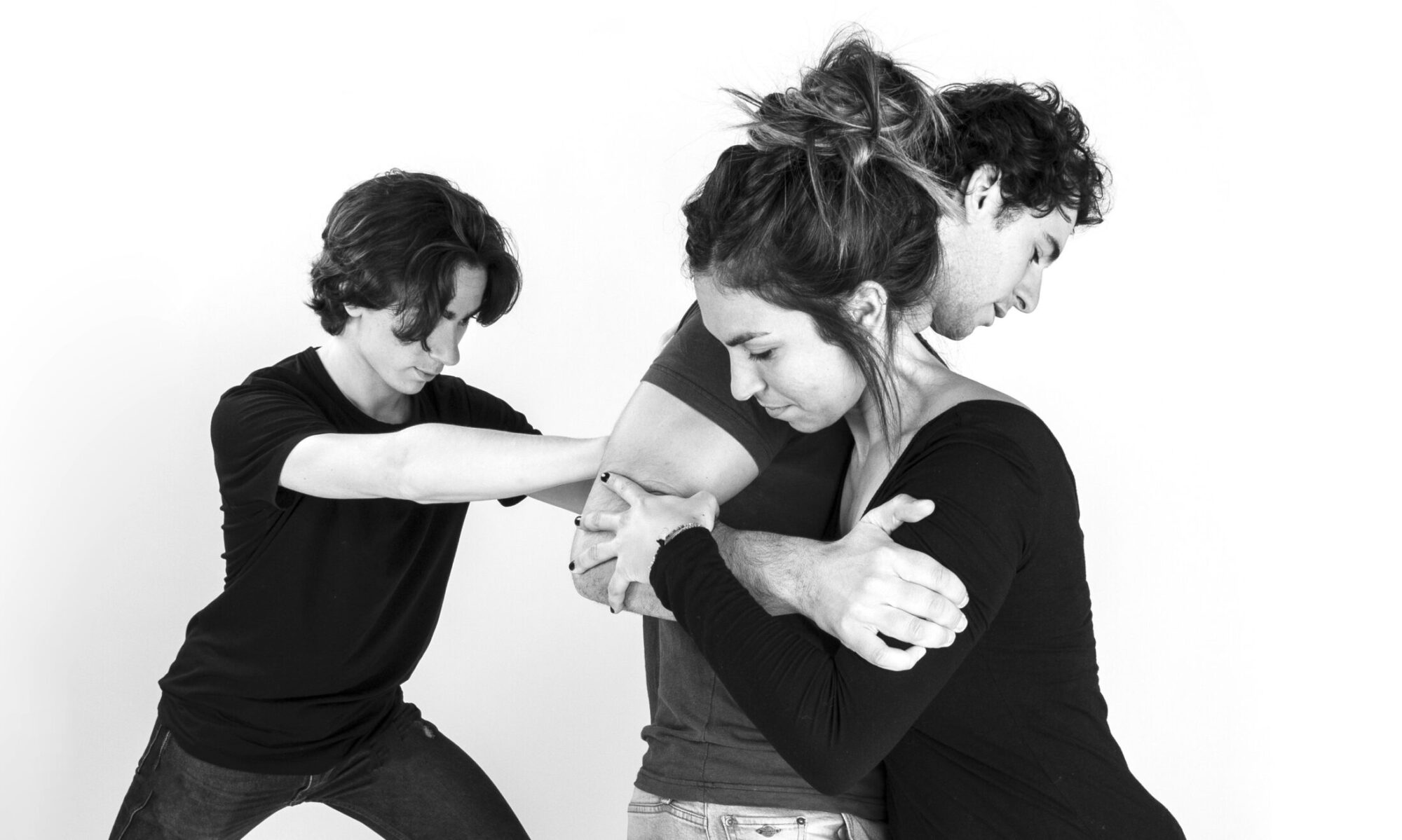In 1913 the Harvard Corporation authorised the continuation of HBS as independent entity. The first Dean Edwin F. Gay and his colleagues believed business education should adhere the mission of instruction and commitment to research while also instilling in students an appreciation of the responsibilities inherent in the profession and their role as trustees of the public good.
“I have reached the conclusion that the greatest need of a civilisation such as ours, if it is to progress in an orderly evolution, is for socially-minded business men. I am convinced that this social need is the sole basis which justifies our ancient university in entering upon business training.”
Wallace B. Donham, second dean addressing to the American Association of Collegiate Schools of Business, 1927
This commitment still remains in the world´s most prestigious business school.
This is your world. How would you like to change it?
Kodokan Judo was founded by Jigoro Kano in 1882. Integrating what he considered the positive points of the jujutsu developed among the samurai, with his own ideas and inspirations. He established a revised body of physical technique, and also transformed the traditional jujutsu principle of “defeating strength through flexibility” into a new principle of “maximum efficient use of physical and mental energy.” The result was a new theoretical and technical system that Kano felt better matched the needs of modern people: Judo.
Kano was also lauded as “the father of Japanese physical education.” As principal of Tokyo Higher School, he established a general physical education faculty aimed at training teachers capable of bringing quality physical education to Japan’s youth. He also helped found the Japan Amateur Sports Association, and in 1909 he became the first Japanese member of the CIO (International Olympic Committee).
His true legacy was his humanism and idealism, as said in a speech: “Nothing under the sun is greater than education. By educating one person and sending him into the society of his generation, we make a contribution extending a hundred generations to come.“
In his research he stated the second judo principle of Jita- Kyoei, Mutual prosperity for self and others. Efficiency was linked to prosperit, but this necessarily had to be for the benefit of all, rather than just the privileged few.
In the speech given at the University Southern California in Los Angeles 1932 on the occasion of the 11th Olympiad, 1932, described the purpose of judo by quoting the ideals of Seiryoku- zenyo and Jita-kyoei:
“The final aim of Judo, therefore, is to inculcate in the mind of man a spirit of respect for the principle of maximum efficiency and of mutual welfare and benefit, leading him so to practise them that man individually and collectively can attain to the highest state, and, at the same time, develop the body and learn the art of attack and defence.”


